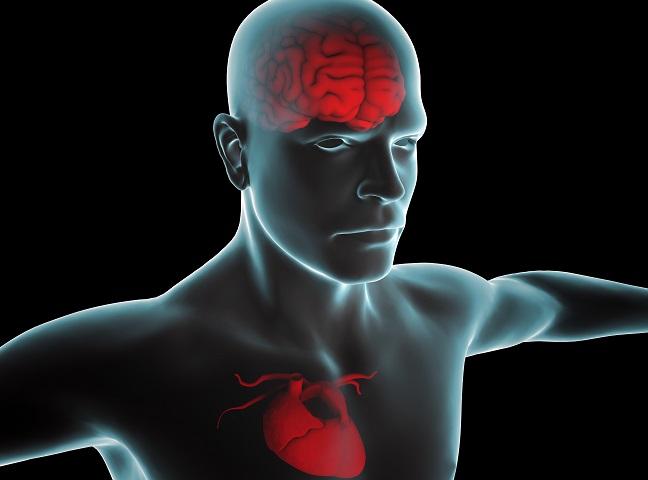Neurological Prognosis Affects Survival Benefit of Early Intervention After Cardiac Arrest
A survival benefit is seen only in those patients determined to carry a low risk of neurological deficits.

An early invasive strategy is associated with better survival among patients with out-of-hospital cardiac arrest (OHCA) determined to have preserved brain function, a new study has shown.
Given these results, researchers say, an early invasive cardiac strategy that includes coronary angiography and PCI should be a focus of care in OHCA patients with preserved neurological outcome as assessed using the Cardiac Arrest Hospital Prognosis (CAHP) score.
“In these patients, a low CAHP score means that there is preservation of brain function and it is likely that going to the cath lab to perform early cardiac angiogram and PCI could be associated with benefit,” senior author Alain Cariou, MD, PhD (Paris Cardiovascular Research Center, France), told TCTMD. “We believe this could be very useful in helping to decide whether or not to perform an early coronary angiogram, and in several patients it could be important to determine not to perform something which is essentially useless.”
There is currently no standard approach for treating patients with OHCA in terms of addressing their cardiac status, according to Michael Ragosta, MD (University of Virginia Health System, Charlottesville), who wrote an editorial accompanying the study, which was published online ahead of the February 12, 2018, issue of JACC: Cardiovascular Interventions.
“This study shows that we need to develop tools to help with prognosis and that we do not always have to consider a patient’s cardiac emergency as the dominant feature in their outcome,” Ragosta told TCTMD. “We should consider what has happened to the brain and the neurological prognosis to help form opinions about what treatments to do for the heart.”
Risk Level Matters
The study looked at outcomes from 1,410 patients with OHCA taken from a large French registry. The researchers retrospectively calculated patients’ CAHP score and classified risk for in-hospital death as low (47%), medium (33%), or high (20%). CAHP score included age, setting, initial rhythm, time from collapse to basic life support and from basic life support to return of spontaneous circulation, pH, and epinephrine dose.
While in the hospital, 72% of patients were managed with an early invasive strategy; about one-third of patients had single-vessel disease, one-third had multivessel disease, and one-third had normal results. Overall, 32% of patients were discharged alive, including 94% of patients determined to have favorable neurological status.
Patients with CAHP scores indicating low risk were the most likely to undergo early invasive strategies and PCI compared with patients with medium or high risk (P < 0.001). After multivariable adjustment, an early invasive strategy was associated with better survival in patients with low-risk CAHP scores (OR 2.3; 95% CI 1.4-3.9), but not in those with medium- or high-risk scores.
Who to Treat
According to Cariou, the best candidates for early intervention with a coronary angiogram are those patients with a low CAHP score, typically those who are young and have a short duration of resuscitation.
“In these patients, the CAHP score is low and that means that there is preservation of brain prognosis and performing early cath and PCI could be associated with benefit,” Cariou said.
Put more simply, this study demonstrated that taking patients to the cath lab with poor neurological prognosis is not necessary, Ragosta confirmed.
“There is no value in it,” he said. “It would be futile at that point.”
Sources
Bougouin W, Dumas F, Karam N, et al. Should we perform an immediate coronary angiogram in all patients after cardiac arrest? Insights from a large French registry. J Am Coll Cardiol Intv. 2018;11:249-256.
Ragosta M. The heart or the brain? Which takes priority after cardiac arrest and can we identify patients in whom aggressive cardiac care is futile? J Am Coll Cardiol Intv. 2018;11:257-259.
Disclosures
- Cariou and Ragosta report no relevant conflicts of interest.
Comments